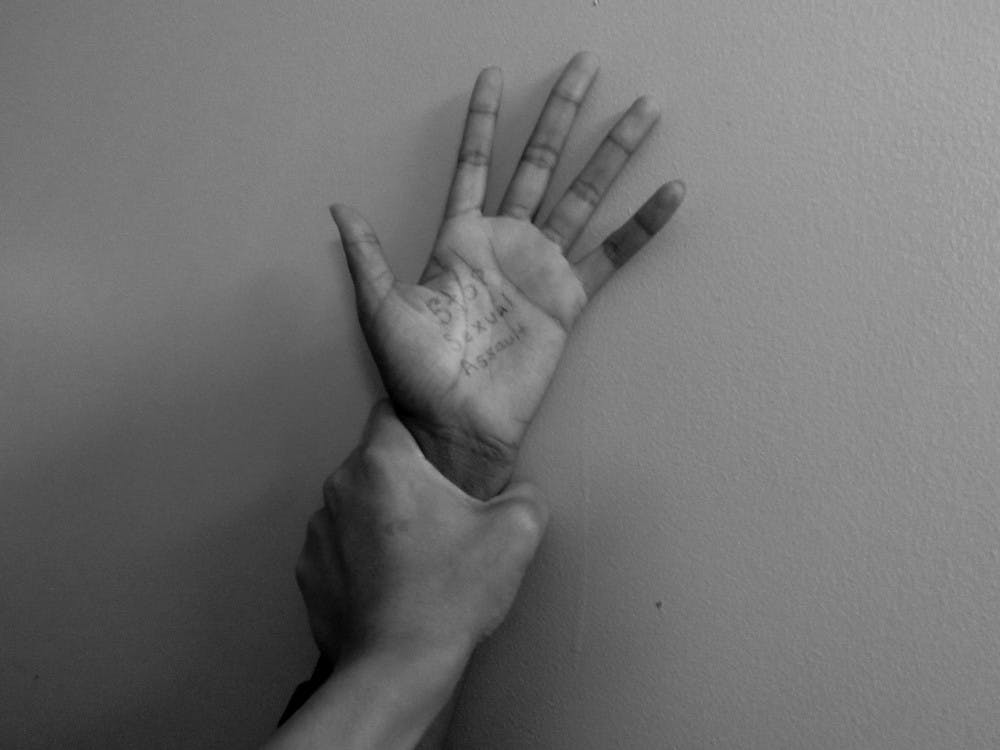CORRECTION (10/27/2019): A previous version of this article contained an inaccuracy about an IFC mandate. The article has been updated to reflect the change. The Daily Tar Heel apologizes for the error.
During her first year at UNC, a senior student, who asked to remain anonymous to avoid risk of a no contact order, said she witnessed her friend getting sexually assaulted in Hinton James Residence Hall. By her senior year, she said half of her friends had experienced sexual assault. She had also filed two Title IX complaints of her own and was granted two no contact orders.
That’s why the data released from the Association of American Universities’ Campus Climate Survey on Sexual Assault and Misconduct, which stated more than a third of female students were victims of sexual assault, did not surprise her.
“It feels good to have (these experiences) validated, but I’m surprised other people found it shocking,” she said. “I’ve been exposed to it since freshman year.”
After her first assault, the first place she went was the Carolina Women’s Center. There, she spoke to a gender violence services coordinator, who urged her to contact the Equal Opportunity and Compliance Office and UNC Police.
She said the University needs to invest in resources like this after the results from the survey. As of recently, there is only one GVSC, which the student said is not enough to handle the influx of cases.
“That office was my lifeline,” she said. “It’s so hard to describe what it’s like reporting. It’s life-shattering. And it feels like you can’t do anything but go to that office for three to four weeks.”
The University had two GVSCs until mid-October, when one of the coordinators left. The Carolina Women’s Center is looking to find a new GVSC by spring 2020, and the University is reviewing resources to see if additional staffing is feasible.
The increase in reported sexual assaults did not surprise senior Abby Cooper, but what stood out to her were the locations in which the assaults took place.




